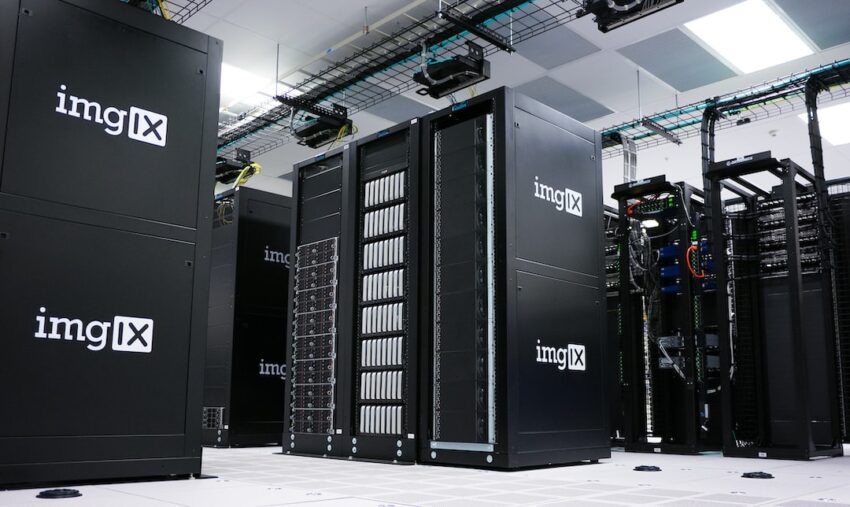Cloud management software is a digital solution that helps organizations monitor and manage their technology infrastructures. It provides real-time metrics data and breaks them down into personalized dashboards, making it easy to spot issues and take corrective actions.
It allows users to access information remotely from anywhere worldwide – on a laptop, desktop, or mobile device. It also saves businesses huge costs compared to in-house IT management.
Cost-effectiveness
The right cloud-based business management software will help you reduce costs by automating repetitive tasks and eliminating manual intervention. It also helps reduce risks and improve performance. Its streamlined user interface makes it easy for employees to use. It also supports mobile devices, allowing users to work from anywhere. In the healthcare industry, NDIS management software is really crucial as it can automate many manual processes and more.
When you sign a long-term contract, you may be eligible for a discount on some cloud services, such as Netsuite consulting. However, it’s important to consider your needs when choosing a provider. For example, you should consider the type of workloads you plan to run on the cloud and how much scalability you need. You should also consider your budget and whether you need a sandbox environment for testing new features or changing configurations.
Scalability
Cloud computing’s scalability enables businesses to modify their cloud infrastructure following operational requirements. This is especially helpful for businesses when demand varies seasonally. Additionally, by utilizing just the necessary resources, scalability can aid in cost reduction. However, picking a supplier that provides various scalable solutions and a flexible paying structure is crucial.
Choosing a cloud service provider that complies with regulatory requirements is also essential. Look for a provider that has a good record of compliance and provides audit reports and certifications. Ensure they comply with GDPR, HIPAA, and PCI standards. Moreover, find out where their data centers are located, as this will affect your company’s compliance obligations.
Choosing the right cloud management tool is critical to reducing costs. The tool should have various capabilities, including cost analysis, reporting, and forecasting. It should be able to detect anomalies and set alerts. Additionally, it should offer visibility into multi-cloud environments. It is also essential to select a tool that supports automatic budget alerts.
Flexibility
As a business grows, it needs the flexibility to change its computing infrastructure with minimal upfront costs. This can be accomplished with cloud services, which provide data storage and resources on-demand through the Internet. These cloud services can access various applications, including CRM software.
Businesses should also choose a cloud service provider with open standards and APIs to integrate with other systems seamlessly. These tools help IT Operations deliver and manage heterogeneous cloud services with minimal disruptions. This can reduce risk and prevent unauthorized changes, one of the leading causes of system downtime.
They should also avoid using proprietary technologies, increasing vendor lock-in risk. This can be a serious problem, and many companies have experienced significant increases in their contracts at renewal time. Additionally, they should examine each vendor for its ability to support database, server, and application migrations. This way, they can easily switch providers when necessary.
Security
Business management software offers security measures, including data encryption and secure access controls. This is important because data loss can cost a business due to lost revenue and damaged reputation. It is also crucial to have a system in place that tracks user activity and access levels.
While most cloud providers offer standard APIs to help you track activity, it’s essential to check whether these are secure and if they comply with industry standards. It would help if you also asked the provider about its processes for protecting data and how it handles security incidents.
Finally, you should evaluate the location of the data center and the jurisdictions where your data may reside. This is particularly relevant if you have specific regulatory or data privacy requirements and policies.
Reliability
You should consider a cloud service provider’s dependability while deciding. This includes how frequently companies are online and how quickly they fix problems. To lessen the possibility of downtime, look for a supplier with a robust infrastructure and redundant systems. It would be beneficial if you also enquired about the provider’s backup and disaster recovery procedures.
A reliable cloud platform is essential for business processes and can significantly benefit businesses of all sizes. For example, it helps companies synchronize data and allows staff to work from anywhere. It also helps avoid mistakes when multiple team members work on a digital file. Additionally, it allows for remote access to files and specialized software that may not be available at home.
In addition, it’s important to choose a provider that uses open standards and APIs for their services. This will allow you to integrate the platform with other systems and change your applications without causing disruptions. Moreover, it will help you move to another cloud environment easily if needed. Also, a good provider will use flexible pricing models, such as by-the-minute usage or discounts for long-term commitments.


